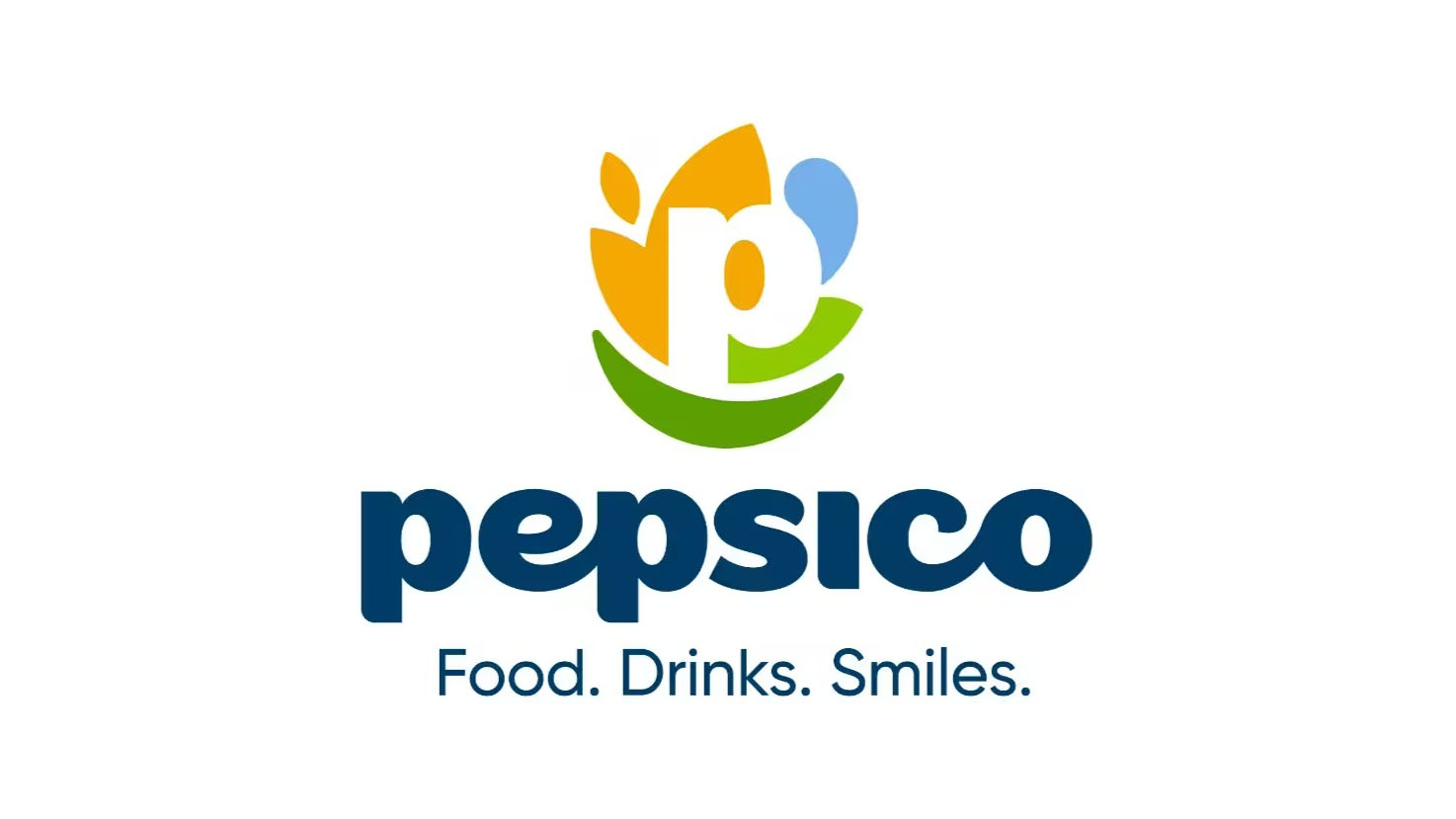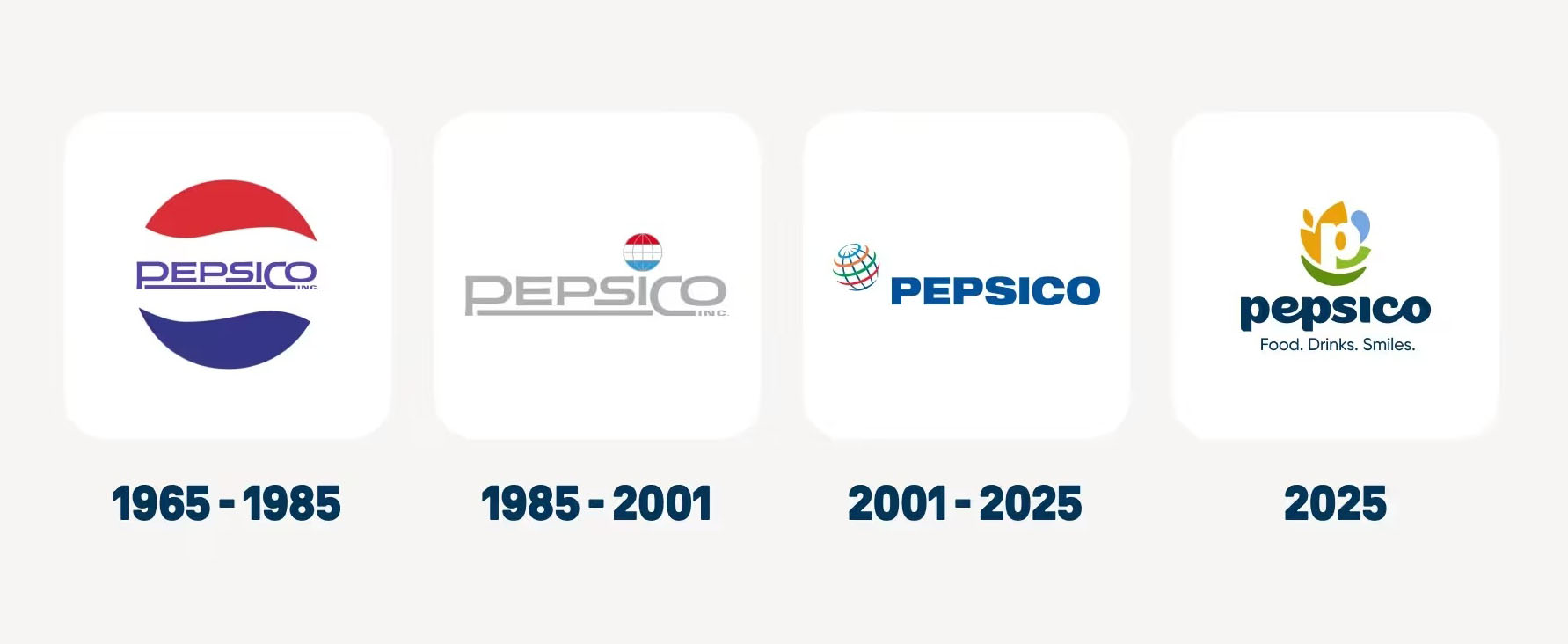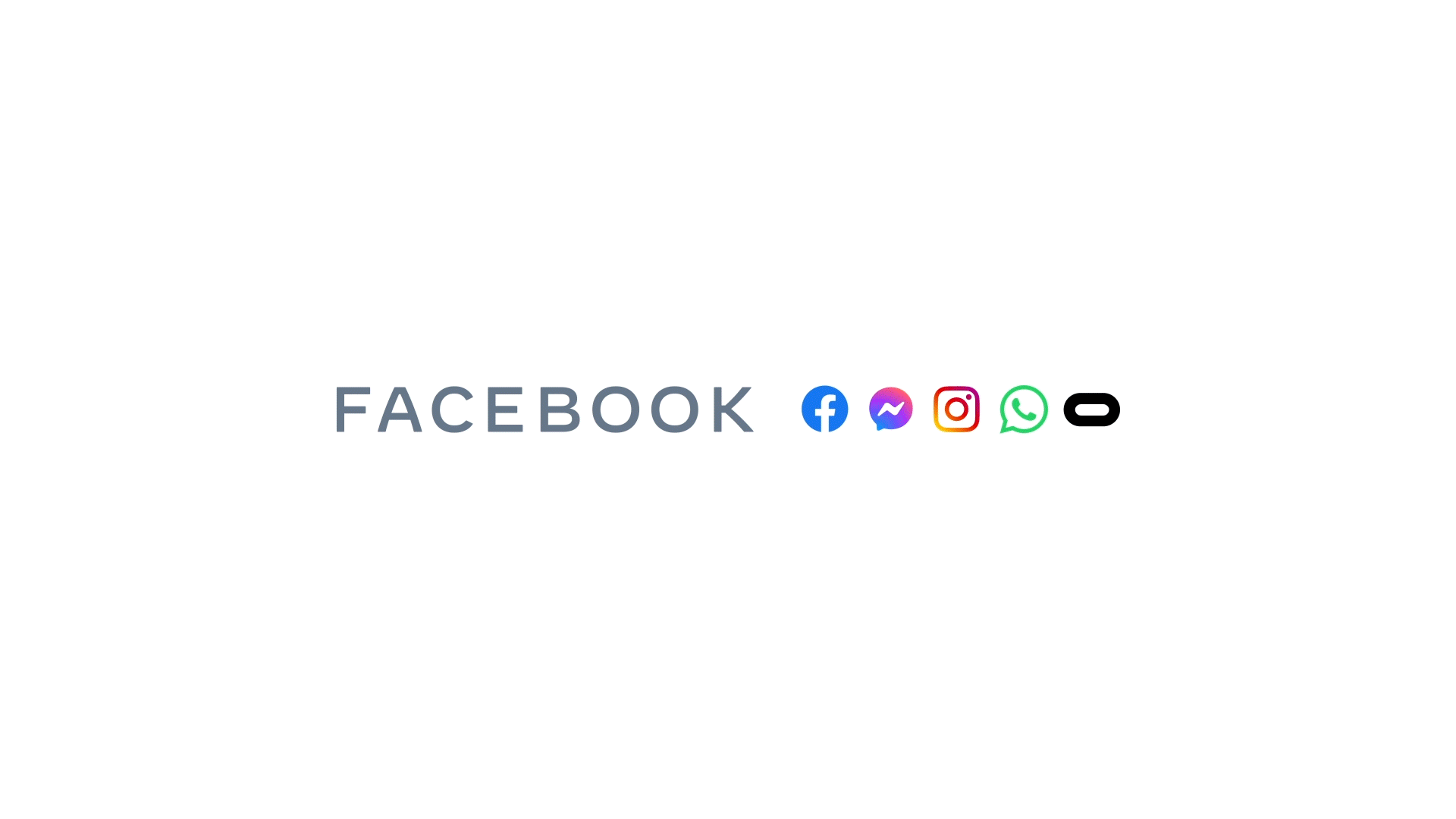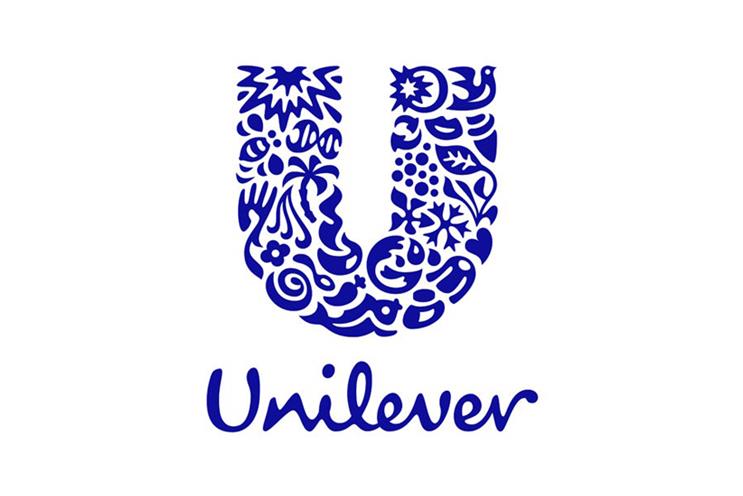From Meta to PepsiCo: when does a company outgrow its biggest brand?
Is PepsiCo still just 'Pepsi' to most?

Daily design news, reviews, how-tos and more, as picked by the editors.
You are now subscribed
Your newsletter sign-up was successful
Want to add more newsletters?

Five times a week
CreativeBloq
Your daily dose of creative inspiration: unmissable art, design and tech news, reviews, expert commentary and buying advice.

Once a week
By Design
The design newsletter from Creative Bloq, bringing you the latest news and inspiration from the worlds of graphic design, branding, typography and more.

Once a week
State of the Art
Our digital art newsletter is your go-to source for the latest news, trends, and inspiration from the worlds of art, illustration, 3D modelling, game design, animation, and beyond.

Seasonal (around events)
Brand Impact Awards
Make an impression. Sign up to learn more about this prestigious award scheme, which celebrates the best of branding.
PepsiCo is in the news with multiple recent brand evolutions: first, refreshing the Lay’s brand, and then the overarching PepsiCo corporate brand identity.
Both moves signal an effort to emphasise more wholesome and sustainable offerings, as well as to highlight portfolio breadth, where food now represents over half of PepsiCo’s global business.
CMO Hernán Tantardini accentuated this ambition on the main stage at ANA last month, acknowledging that the company has work to do to shift perceptions. One telling stat: 42% of global Lay’s buyers are unaware that they’re made from real potatoes. The $2B Poppi acquisition is another sign of fundamental pressure on the corporation to move beyond its Pepsi roots.
The elephant in the room is the iconic Pepsi brand that remains front and centre in the PepsiCo name. What’s yet to be seen: is the new design system and repositioning enough to drive reconsideration among investors, or is the 'Pepsi' in the name too much of an anchor to its cola heritage to truly shift perceptions?

This is a challenge faced by numerous corporations synonymous with one among diverse portfolio brands. The Coca-Cola Company, Campbell’s, JM Smucker, Hershey, Keurig, DrPepper are some of the many in the food category alone that may struggle to scale investor perceptions of portfolio flexibility beyond the namesake.
It’s common in other categories as well, from Volkswagen to Amazon to Bayer, when the elasticity of the corporate brand is tested by the growth and dynamism of its portfolio.
The problem stems from asymmetry. Textbook brand architecture typologies range from 'house of brands' like P&G, with clear separation between the corporate and portfolio brands, to a 'branded house' like Oracle, which delivers across industries as a single, monolithic brand.
Daily design news, reviews, how-tos and more, as picked by the editors.
Asymmetrical brands sit somewhere in the (potentially messy) middle, where a corporation like Amazon may be seen as an online retailer, when AWS makes up roughly three quarters of its operating income, and others in the portfolio, from Whole Foods to Twitch, may feel misaligned with parent equities. This asymmetry can emerge over time, through acquisitions or organic growth, but it often signals the need for bold changes in corporate brand strategy.

A growing number of corporations have made bold moves to strategically decouple from their flagship brands: Alphabet, Meta, Block, Elevance, RTX, to name a few. It’s rarely an overnight slam dunk, as the Street is savvier than to think a new name is the panacea for portfolio concerns. But what it does do is make a bold statement to the market that they are serious about transformation. Longer term, this is likely the key to continued growth potential and strengthened corporate fundamentals.
Why? A strong, independent corporate brand delivers a range of benefits…
01. Portfolio flexibility
A more flexible parent brand can signal to investors a more dynamic strategy, with freedom to enter, exit, or evolve across categories without impacting the associations of portfolio brands. This is increasingly important when the corporate brand is synonymous with a slower growth business than others in the portfolio.
For example, UnitedHealth Group may be more associated by name with its insurance business, while its Optum health services and innovation business represents greater revenue and growth potential.
02. Overcoming limitations
When a product brand name is limiting, a broader corporate brand can open doors to new opportunity. As Anthem’s growth was constrained by its associations as a BCBS insurance provider, rebranding the corporation to Elevance afforded greater permission to move into new markets, while broadening perceptions from regional insurance to a nationwide healthcare brand poised for growth.
03. Higher-order meaning

A broader corporate brand identity can focus more on loftier initiatives, freed from the more functional messaging of a product brand. Whether societal impact, talent development, innovation, or strategic initiatives, a brand like Unilever can speak in terms of aggregate impact better than if limited to one of its portfolio brands.
04. A connective thread
Volkswagen Group has a harder job of delivering platform efficiencies across brands like Porsche and Audi without conflating them with its mass market associations.
By contrast, GM’s reinvestment in the corporate brand signals the upside opportunity to build cohesive equity across Chevy, Buick, GMC and Cadillac, imbuing all with deeper associations of trust, quality, and design excellence under a corporate brand that’s relevant across the board.
05. Reputational risk containment
This one is debatable as, more and more, corporate brands are quickly connected to the happenings of their portfolio brands, and having a different name isn’t enough to diffuse controversy. Kenvue’s recent acquisition by Kimberly Clark is a sign that its portfolio was seen as resilient against the tumult surrounding the Tylenol brand. Kenvue, and Kimberly Clark moving forward, are arguably both better positioned for growth and resilience with investors than if The Tylenol Company were the name.
At Lippincott, we routinely field inquiries about the cost/benefit of similar corporate brand moves as Meta and Alphabet have made, and it’s safe to predict this trend of corporate brand resurgence will continue. We’ll have to see whether PepsiCo’s rebrand moves the needle. Or will they someday be another in the list of corporations that outgrow their namesake and embrace even bolder transformation?

Jake is a senior partner in strategy based in Philadelphia and leads Lippincott’s naming practice. He has 19 years of experience developing comprehensive brand programs, with a focus on corporate and product naming, architecture systems and the tools and guidelines to help marketers manage these strategies. His list of notable clients includes Bank of America, Coca-Cola, CVS Health, Delta Air Lines, HMH, Mastercard, Rocket Mortgage, Samsung, Stellantis and Walmart.
You must confirm your public display name before commenting
Please logout and then login again, you will then be prompted to enter your display name.
